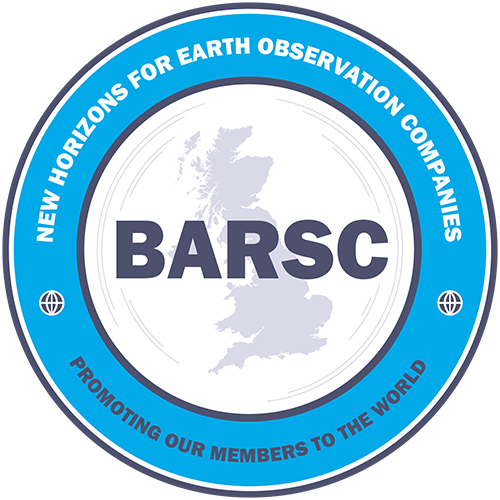UK satellite imaging company DMCii has successfully led a multi-disciplinary consortium to win a place on the Department for International Development (DfID) Forest Governance Markets and Climate (FGMC) Framework Agreement. This means they will be able to bid for
projects to monitor forest governance and deforestation globally, and its effects on local communities.
Coordinating a constellation of remote Earth observation satellites, DMCii has the unique capability to survey and classify vast areas of forest and to monitor changes in land use over time. This highly effective imaging system has been employed by the Brazilian space agency (INPE) since 2005, helping the authorities to quantify deforestation in the Amazon Basin and pro-actively intervene to deter illegal logging – itself advising the consortium. It is this expertise that has been crucial in helping the consortium win a place on the framework agreement.
Professor Jim Lynch, DMCii Forestry Director, commented, “We are delighted to have been accepted to the FGMC – helping reduce poverty in developing countries while combating climate change is the reason we formed our consortium. We look forward to addressing the many challenges of such rewarding and innovative projects.”
The UK’s FGMC programme supports developing countries in strengthening their governance of forest resources. Under the FGMC Framework, the consortium can now compete for projects to monitor land use and forests, to understand and build methods for forest protection, to introduce a financial results-based payment system for carbon, and to analyse the impact of forest management scenarios. This could help support communities whose livelihoods depend on forest resources, whilst supporting broader UK efforts to Reduce Emissions Deforestation and forest Degradation (REDD+) and the EU Forest Law Enforcement Governance and Trade (FLEGT) action plan.
The inFORm consortium comprises commercial and academic partners, providing a nucleus of relevant expertise with which to develop local capabilities and support for sustainable forest management in communities around the world. Members complement each other with skills such as forest mapping, deforestation assessment, broad ranging Earth observation technologies, carbon accounting, timber tracking, policy development, new ideas for financial environmental markets – and a proven track record in the development of native capabilities in countries such as Colombia, D.R Congo, Indonesia and Nigeria.

